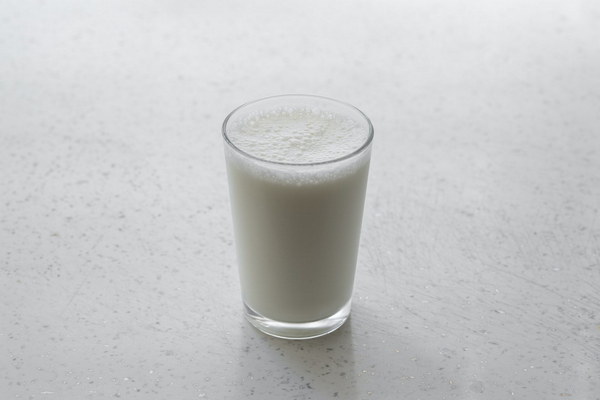Nasal Sinusitis Treatment The Healing Power of YinNourishing and LungCooling Therapy
Nasal sinusitis, a common condition characterized by inflammation of the sinuses, can be quite discomforting and may even lead to chronic health issues if not properly treated. Traditional Chinese medicine (TCM) offers a unique approach to treating nasal sinusitis, focusing on the principle of Yin-Nourishing and Lung-Cooling therapy. This article delves into the intricacies of this ancient practice, exploring its benefits and application in the treatment of nasal sinusitis.
Yin-Nourishing and Lung-Cooling therapy is a fundamental concept in TCM, aiming to restore the balance of Yin and Yang energy in the body. Yin represents the cooling, moisturizing, and nurturing aspects of the body, while Yang embodies the warming, active, and dynamic aspects. When Yin energy is depleted or Yang energy becomes excessive, it can lead to various health issues, including nasal sinusitis.
The root cause of nasal sinusitis in TCM is often attributed to an imbalance in the Lung and Kidney meridians, with an emphasis on the Lung meridian. The Lung is responsible for protecting the body against external pathogens and maintaining the moisture balance in the respiratory tract. When the Lung meridian is weakened, it becomes more susceptible to external factors, such as cold weather or allergens, which can trigger inflammation and congestion in the sinuses.
Yin-Nourishing and Lung-Cooling therapy addresses this imbalance by focusing on the following aspects:

1. Nourishing Yin Energy: TCM practitioners may prescribe herbal formulas that contain yin-nourishing ingredients, such as rehmannia, peony, and coix seed. These herbs help to replenish the body's Yin energy, thereby strengthening the immune system and reducing inflammation.
2. Cooling the Lung: To alleviate the heat and dryness associated with Lung meridian imbalances, TCM treatments may include herbs like scutellaria, honeysuckle, and bupleurum. These herbs have cooling properties that help to soothe the inflamed sinuses and reduce congestion.
3. Improving Lung Function: TCM treatments may also involve herbal formulas that enhance the Lung's ability to eliminate phlegm and moisture. Ingredients such as astragalus, codonopsis, and Platycodon grandiflorus are commonly used to improve Lung function and prevent recurrence of nasal sinusitis.
4. Acupuncture: Acupuncture, another vital component of TCM, can be used to balance the Yin and Yang energy in the body. By inserting fine needles into specific acupuncture points, practitioners can stimulate the body's natural healing response and alleviate symptoms of nasal sinusitis.
5. Lifestyle Modifications: TCM emphasizes the importance of lifestyle changes in the treatment of nasal sinusitis. Patients are often advised to avoid cold and dry environments, reduce stress levels, and maintain a balanced diet rich in fruits, vegetables, and lean proteins.
In conclusion, Yin-Nourishing and Lung-Cooling therapy is a comprehensive and holistic approach to treating nasal sinusitis. By addressing the root cause of the imbalance in the body's energy, this ancient practice can provide significant relief for those suffering from sinusitis. While TCM treatments may take time to show results, many patients have found relief and improved quality of life through the use of this traditional therapy. It is essential to consult with a qualified TCM practitioner to develop a personalized treatment plan tailored to your specific needs.









